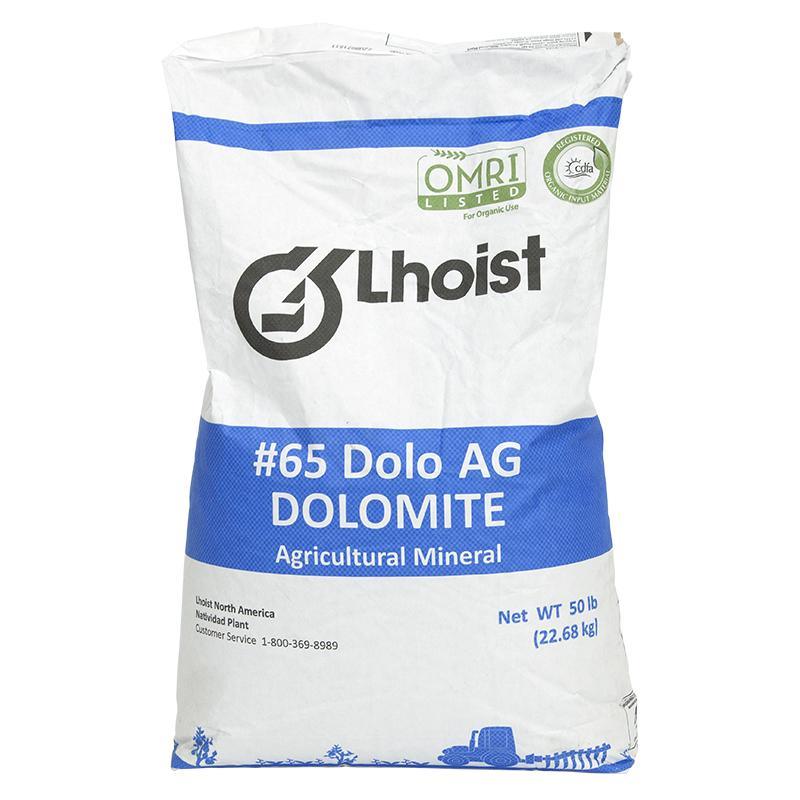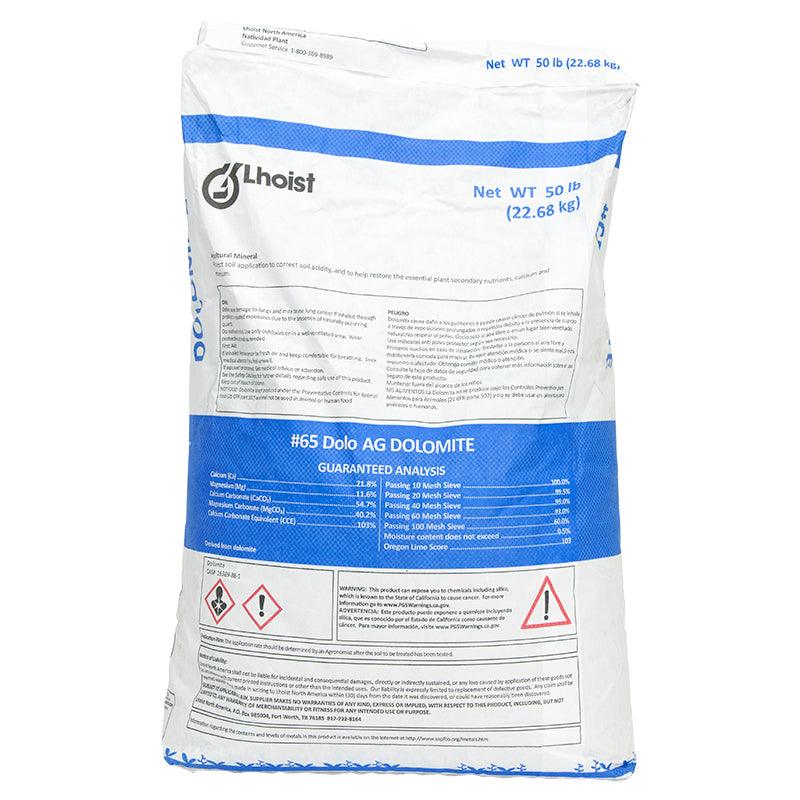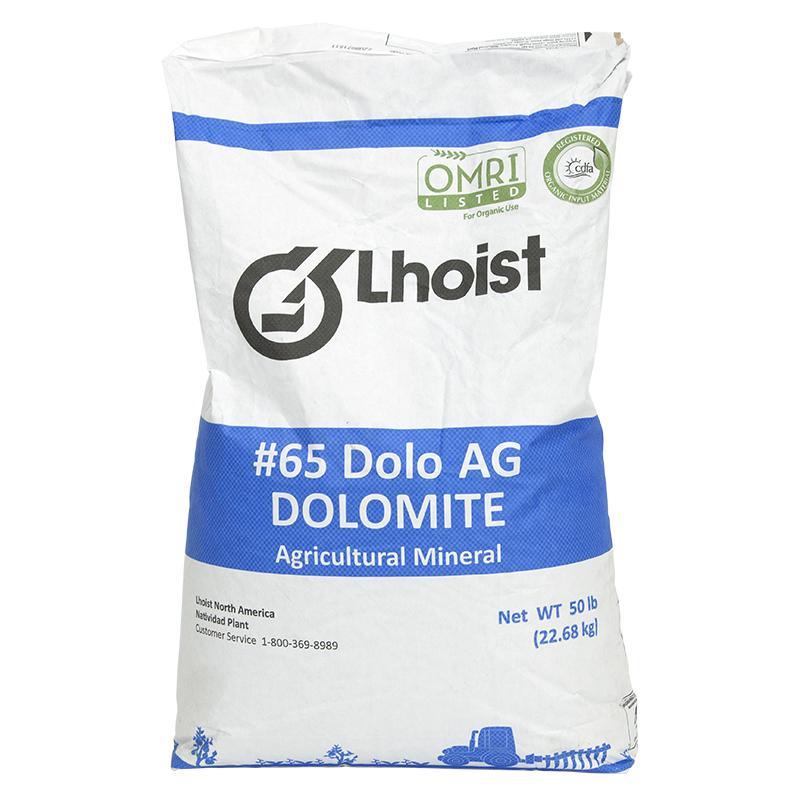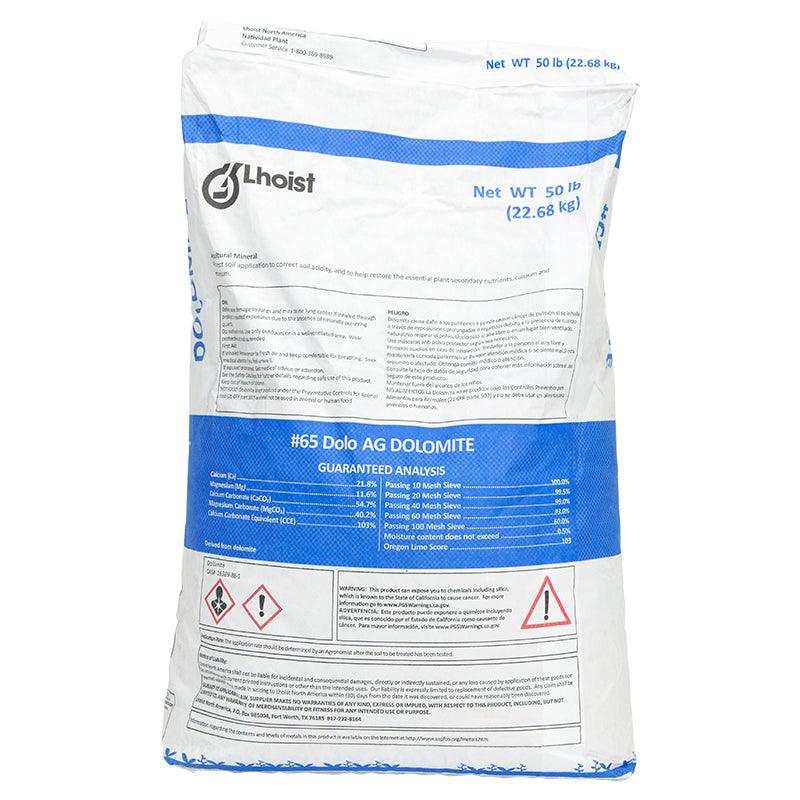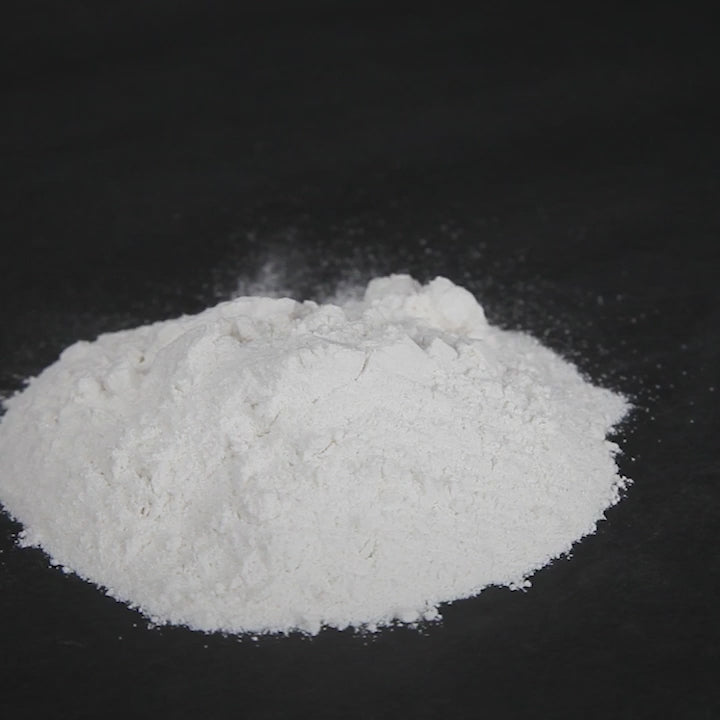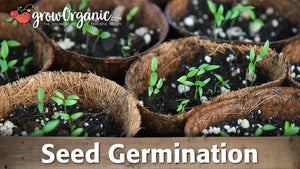Item Number: F850
Dolomite (50 lb)
Correct for Low Magnesium and Calcium
Dolomite: A Versatile Mineral with Diverse Applications
Dolomite, a mineral composed primarily of calcium magnesium carbonate (CaMg(CO₃)₂), is a versatile and valuable resource with diverse applications across various industries. It is typically found in dolomitic limestone, a sedimentary rock composed of calcium carbonate and other carbonate minerals. This dolomite-rich rock exhibits unique properties due to its chemical composition and geological formation. Dolomite powder, produced by finely grinding the dolomite mineral, is commonly used in agriculture as a dolomite fertilizer to improve soil structure, supply essential nutrients, and balance pH levels. Available in bulk quantities such as 50 lbs, dolomite fertilizer is ideal for enhancing soil health in both home gardens and large-scale farming operations.
What is Dolomite?
Dolomite is a sedimentary rock primarily composed of calcium magnesium carbonate, often referred to as dolostone, and is significant for its role in agriculture as a dolomite fertilizer. This versatile mineral forms through the alteration of limestone by magnesium-bearing fluids, resulting in distinct dolomite grains with unique physical properties, including a Mohs hardness of 3.5 to 4. Dolomite's chemical composition, containing both calcium and magnesium, makes it valuable for correcting soil pH and addressing magnesium deficiencies in various plants, including apple trees.
Key Benefits of Dolomite
Dolomite offers several key benefits, primarily as a valuable dolomite fertilizer that enhances soil health by providing essential calcium and magnesium. Its chemical composition, rich in calcium magnesium carbonate, helps correct soil acidity and improve soil pH, making it ideal for growing a variety of plants, including apple trees. Additionally, applying dolomite lime can help distinguish dolomite from other minerals, ensuring effective soil amendments that support optimal plant growth and nutrient availability.
Chemical Composition and Characteristics
Calcium Magnesium Carbonate: Dolomite's composition includes calcium, magnesium, and carbonate ions, contributing to its unique properties and versatile applications. The presence of magnesium ions is crucial in defining the mineral's characteristics.
Mohs Hardness: On the Mohs scale, dolomite typically rates between 3.5 and 4, showcasing moderate hardness compared to other minerals.
Déodat de Dolomieu: Named after the French geologist Déodat de Dolomieu, who first identified the mineral in the late 18th century.
Formation and Geological Significance
Sedimentary Origins: Dolomite formation occurs through a process involving the alteration of limestone or calcium carbonate rocks by magnesium-rich groundwater over extended periods. This process leads to the formation of dolomite, a key rock-forming mineral.
Carbonate Rock: Classified as a carbonate rock, dolomite plays a significant role in the Earth's geological composition and mineralogical diversity.
Geological Deposits: Dolomite forms as a primary mineral in sedimentary environments and is often found in association with other carbonate minerals.
Applications and Utilization
Agricultural Amendment: Used as a soil conditioner and fertilizer additive, dolomite amends soil by enhancing magnesium content and adjusting pH levels for optimal plant growth.
Construction Industry: Due to its durability and resistance to weathering, dolomite serves as a crucial material in construction, used for road bases, aggregates, and concrete production.
Steel Manufacturing: In steel production, dolomite's high magnesium content serves as a flux, aiding in the removal of impurities and facilitating steel purification.
Water Treatment: Employed in water treatment processes, dolomite aids in neutralizing acidic conditions and removing contaminants from water sources. The use of dilute hydrochloric acid can help identify dolomite due to its characteristic reaction.
Variants and Geological Diversity
Dolomitic Limestone: A rock predominantly composed of dolomite and calcite, utilized extensively in construction, agriculture, and manufacturing.
Dolomite Rock: A type of carbonate rock, dolomite rock stands as a significant geological resource with diverse applications.
Industrial Formulations: Dolomite exists in various forms, including powdered or granulated, adapted for specific industrial requirements.
Benefits and Considerations
Nutrient Source: Acts as a valuable source of calcium and magnesium for soil amendment, particularly in areas with mineral deficiencies.
Acidic Soil Correction: Dolomite's buffering capacity helps neutralize soil acidity, promoting healthier conditions for plant growth.
Usage Moderation: While beneficial, excessive dolomite application may lead to magnesium accumulation, potentially impacting soil pH levels and plant health. Understanding the formation of dolomite and its reactions, such as with dilute hydrochloric acid, is essential for its effective use.
Identification and Testing
- Identifying Dolomite: To identify dolomite, one can conduct a soil test or analyze the mineral's physical properties, focusing on its chemical composition, primarily calcium magnesium carbonate. Distinguishing dolomite from other carbonate rocks, like limestone, involves examining its unique dolomite grains and the presence of dolomite crystals, which may exhibit perfect cleavage and right angles. Additionally, applying dilute acid can reveal characteristic reactions, confirming the presence of dolomite in samples, particularly in dolomitic limestone or as powdered dolomite used in dolomite fertilizer.
In summary, the mineral dolomite's chemical composition, including calcium carbonate, rock-forming characteristics, and versatility make it a crucial mineral in various industrial, agricultural, and environmental applications. Its formation through the alteration of sedimentary rocks contributes to the distinct properties of dolomite rock, while the presence of dolomite crystals enhances its appeal in multiple uses, including those involving mafic igneous rocks.
Why Buy Dolomite 50 lbs from Us?
Our dolomite fertilizer, rich in the dolomite mineral, is composed of calcium magnesium carbonate, making it an ideal amendment for enhancing soil health. This versatile product, derived from high-quality dolomitic limestone, helps correct soil acidity and provides essential nutrients, including both calcium and magnesium, for optimal plant growth. Available in both granular and dolomite powder forms, our dolomite fertilizer improves soil structure and ensures healthy, thriving gardens. When considering the dolomite price, our product offers excellent value for those seeking a high-quality solution to enhance soil health with the benefits of this essential dolomite mineral.

Check Your Zone Compatibility:
Compatible with your zone.
Growing Zone for

Our Guarantee To You
Since 1976, we've served our customers at every stage of growing. Please contact us at any time. We are happy to support and assist you.
Shipping Information
Shipping Information
Does not qualify for Flat Rate Shipping.
Shipping Weight: 55.0 lb
Dimensions: 21.5"L x 15.5"W x 5.5"H
Features
Features
Characteristics
Characteristics
Use Instructions
Use Instructions
Useful Information
Useful Information
Guarantee
Guarantee
Share
